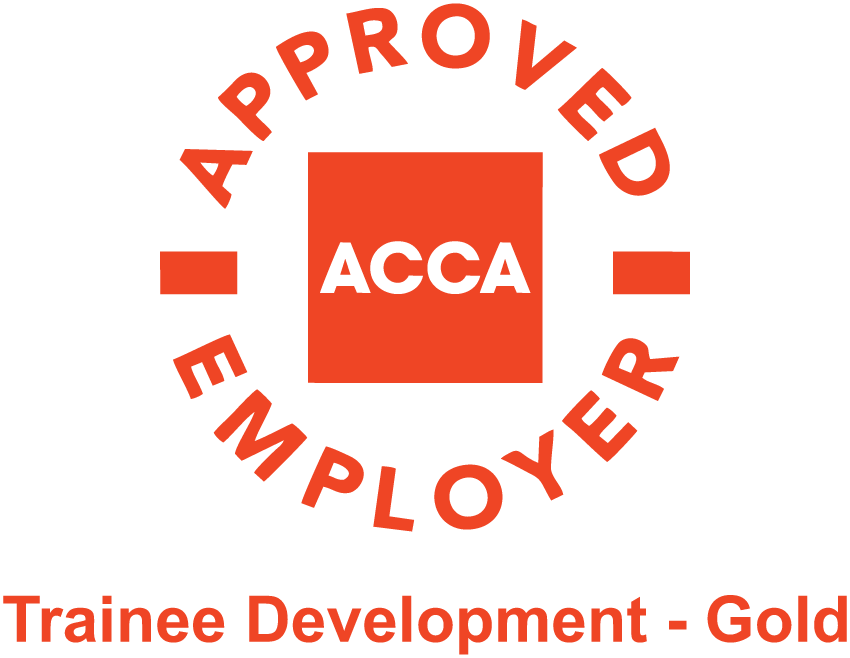Risk – Family Business Dynamics
When Family means Business
Nobody said owning a business was going to be easy. Even the most successful companies face challenges and risks that can have a negative impact on their operations or profitability. These risks can come from both internal and external sources. A family business has unique risks. If you are able to recognize and tackle these risks as they arise, you will have the potential to reduce their impact, while keeping your business and family on the right track. The family, business and ownership dynamic all play a significant role in decision making.
MARKEF‘s member firm advisers work with family-owned companies like yours across several areas of the business, to help you approach these unique risks. There are many benefits to addressing risk. A strategic and effective approach to risk management can help improve decision-making, increase accountability, focus resources in areas of highest risk, and increase your success in meeting business objectives.
Risk - Family Business Dynamics
As with your family, your business doesn’t stand still — it evolves. Family businesses are unique, at the core lies an important dynamic connecting the family and the business through the family’s ownership, which offers both opportunities and challenges. Surrounding each decision you may take, are strong family values and a purpose that helps you navigate the journey ahead. MARKEF‘s advisers understand the dynamics of a successful business and work with you to provide tailored advice — throughout the lifecycle of your business.
Identifying possible risks in the Family Business
Family businesses often have competitive advantages
over their non-family business counterparts. However,
the family advantage can turn into a threat if the risks are
not managed well.
Common risks that can affect a family business include:
Disagreements within a family can be more emotional
than disagreements between colleagues. If these
disputes are not handled properly, they can often spill
over into the operations of the business.
Family businesses often forget to put in place a formal
succession and governance plan because they believe
that everything will work out in the end. The lack of
an established governance model and succession plan
can stunt business growth, especially in the case of a
death, divorce or marriage in the family.
If your business does not change and grow in relation to
the changing marketplace in which it operates, it will not
be able to adapt and succeed.
Having poor financial management strategies in place can
be detrimental to both the company as well as the family. Areas such as cash flow management can be a downfall if the boundaries between the families personal bank and the organization’s finances are blurred.
Given the speed of change in the IT world today, not
having the right technology, implemented correctly and
managed on a regular basis can lead to catastrophic
outcomes including reputational damage, legal exposure
and market value loss.
The increasing sophistication of fraud, cyber threats,
organized crime and more complex legislation and
regulations with increasing extra-territorial reach have made
this area an increasingly important concern. It is critical to
establish internal controls and cyber defense systems to
monitor and help to mitigate potential fraud from occurring.
Understanding the complexities and changing tax regulations
for a national or internal business can be overwhelming.
But not seeking sound advice and having an effective tax
management strategy in place can lead to serious legal issues.
Recruiting and retaining talented staff can be one of the
greatest challenges of a family business. A great team can
help to grow a business exponentially and in tern the loss of
staff, or ill-equipped members can have the same opposing
reaction.
Many risk factors are out of a family’s control, but there is one
way that family businesses can avoid several of these risks —
communication. Effective communication is one of the single
biggest challenges in managing the family component.
Having a communication strategy is not often equated with
risk management, yet it is a risk factor over which the family
business owner has total control.
Strategies for Successfully Managing Risks
From cyber security issues that can paralyze operations to social media blunders that can damage your brand, your business has to be prepared to understand and mitigate the potential risks that can affect your business. Some suggested strategies are:
Family businesses that have applied these strategies tend to excel in their markets and are more likely to continue for many generations. MARKEF’s adviser can help you understand how to turn risk into opportunity
We’re here to help
MARKEF‘s business advisers understand the impact of family dynamics on your business. We can help you understand and address your company’s vulnerabilities — from both a business and a family perspective. While risks can never be entirely eliminated, being aware of what your risks are and where they come from can help you steer a course to success for both your business and your family.

We're here to help you! Reach out for solutions.
We're here to help you! Reach out for solutions.
Don't let doubts hold your business back.

Have any questions? Reach us by phone.

We're here for you! Reach us by mail.
Contact Us
We Always here to help you!
Business Setup
Tax Services
Consulting Services
Accounting Services
Compliance
Audit & Assurance
Quick Links

MARKEF is a leading Accounting Firm offering wide range of services including Accounting and Bookkeeping, Audit and Assurance, VAT and Corporate Tax, Business Consulting, Management Consulting, and Business Setup Services in Dubai and across United Arab Emirates.
- Office No.1929, Tamani Art's Offices Tower, Business Bay, Dubai, United Arab Emirates
- +971 4 589 2828
- +971 50 105 4241
- E-mail : info@markef.com
-
Mon - Sat : 8:00 - 18:00
Sunday Closed


